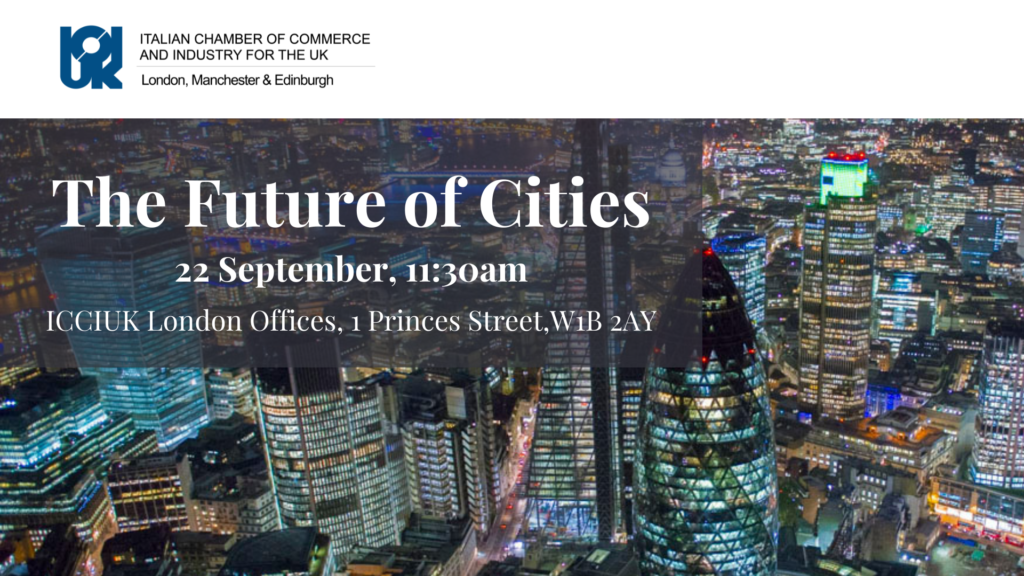
Una tavola rotonda davvero interessante organizzata dalla Camera di Commercio e Industria Italiana per il Regno Unito in occasione dell’inaugurazione dei suoi nuovi uffici.
Di Daniel Gava
Brand Strategy Advisor to the Architecture and Design Industry
e ICCIUK Benefactor Member
Il tema era “The Future of Cities” e ho avuto il piacere di moderare la discussione tra tre esponenti di spicco dei settori dell’urbanistica, dell’architettura e del design come Lisa Fairmaner, Head of London Plan and Growth Strategies presso la Greater London Authority, Vicky Richardson, Head of Architecture presso la Royal Academy e Bruno Moser, Head of Urban Design presso Foster and Partners.
Alla luce dei recenti eventi che hanno ridisegnato molte delle dinamiche della nostra vita, abbiamo cercato di capire cosa accadrà nella città del futuro per quanto riguarda la sua energia propulsiva, la qualità della vita, il design urbano, i valori culturali.
Fin dall’inizio, l’approccio dei tre relatori si è rivelato molto proattivo e ottimista riguardo al futuro e tutti hanno convenuto che è abbastanza rassicurante pensare che questa situazione non sia senza precedenti e che la città sia resiliente e orientata a pensare che la vita continua.
A Londra, il senso di comunità e l’energia della sua gente significano che se c’è un’opportunità, qualcuno si inventerà qualcosa.
Le città sono luoghi di opportunità a livello professionale, creativo e personale e possono prosperare se creiamo un ambiente pubblico di alta qualità: abbiamo bisogno di spazi per riunire le persone e celebrare la diversità che, ad esempio, rende Londra così speciale. La transizione dei centri cittadini da aree commerciali a centri comunitari come luoghi di mescolanza ed espressione intergenerazionale è un buon esempio, oltre a connettere l’architettura con un senso di significato in diverse aree della città.
Grande enfasi è stata posta sulla necessità di più infrastrutture verdi – dai grandi interni ai grandi esterni – e sulle occasioni per riscoprire e valorizzare gli spazi vicini a dove viviamo. Ripensare gli spazi pubblici, renderli invitanti e fruibili a tutti, nonché l’equilibrio tra edifici antichi e ristrutturati in termini di sostenibilità ed emissioni occupano una grande porzione dei piani rivisitati a causa della pandemia cosi come rappresentano anche una risposta ad altri temi di attualità come salute mentale e cambiamento climatico.
Alcune aree di miglioramento discusse durante il discorso e che la città potrebbe facilitare, sono state la necessità di più iniziative per riconnettere le generazioni più giovani e più anziane, rendere più accessibile ai giovani la vita nella città del futuro e stimolare il dibattito pubblico in quanto sembra che abbiamo un pò perso quel senso di voce pubblica.
Il dibattito pubblico che coinvolga le persone è fondamentale per migliorare la cultura della città, per favorire nuove idee e libertà creativa unite a pianificazione e regolamentazione. C’è bisogno di dibattito e leadership da parte delle comunità per avere una visione olistica del nostro tessuto urbano.
L’invito al dialogo con la città è un grande segno di apertura al miglioramento ma non potrà mai esserci vero progresso nella città del futuro senza il contributo attivo e l’impulso critico dei suoi cittadini.
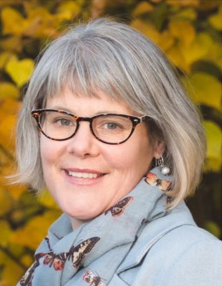
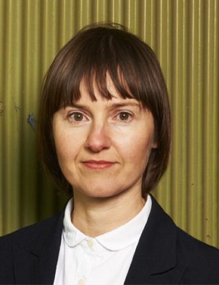
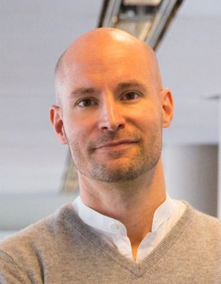
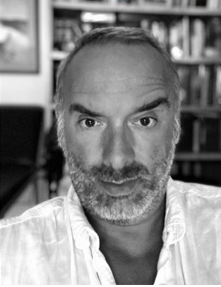
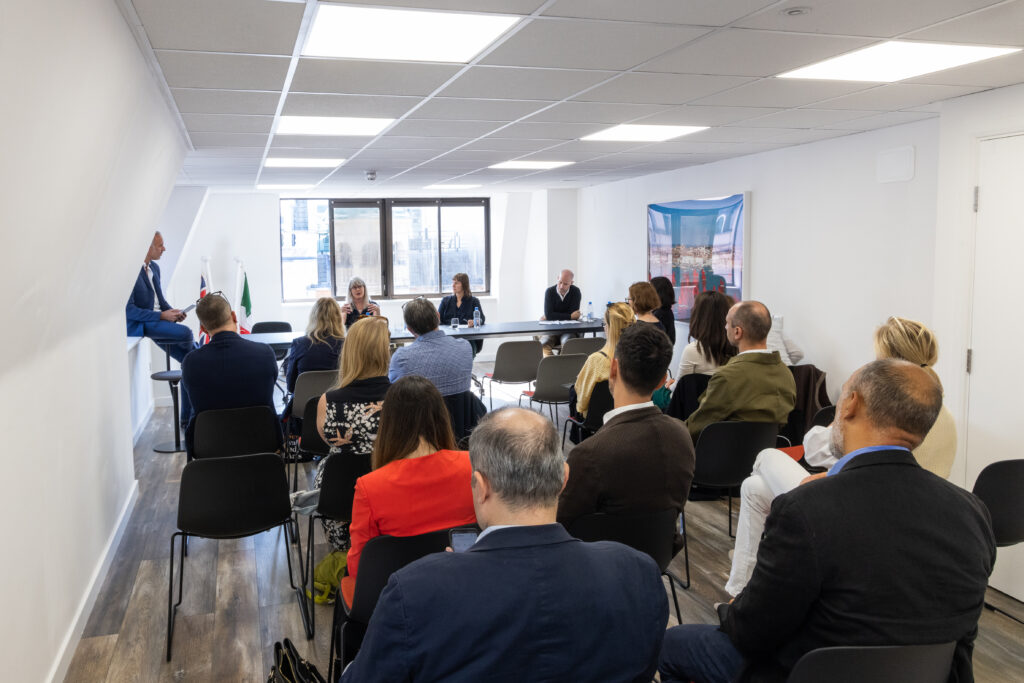
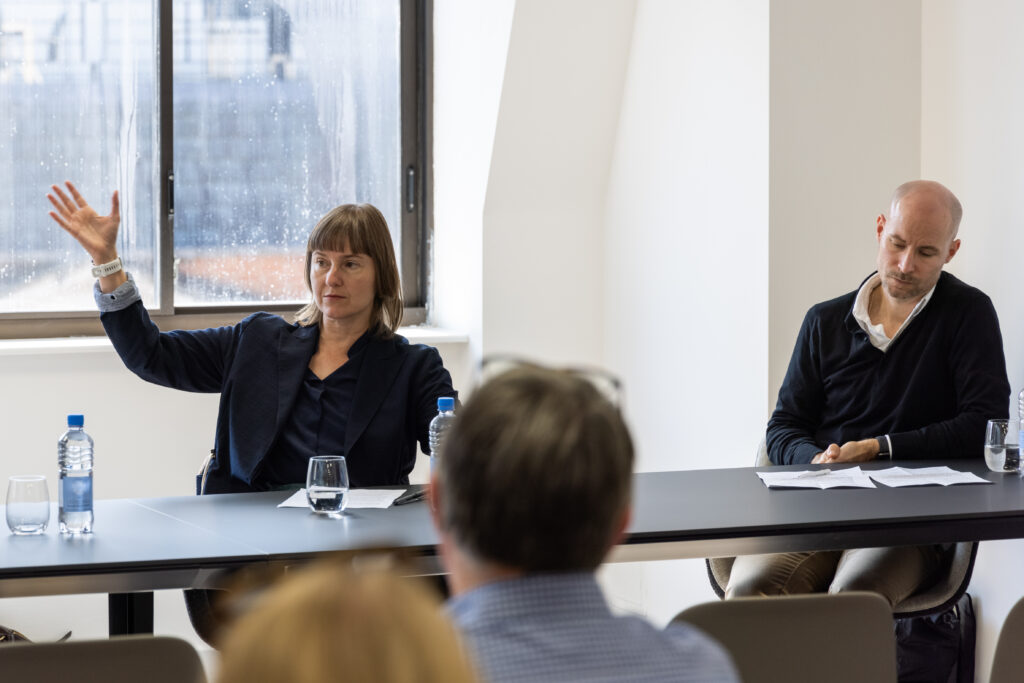
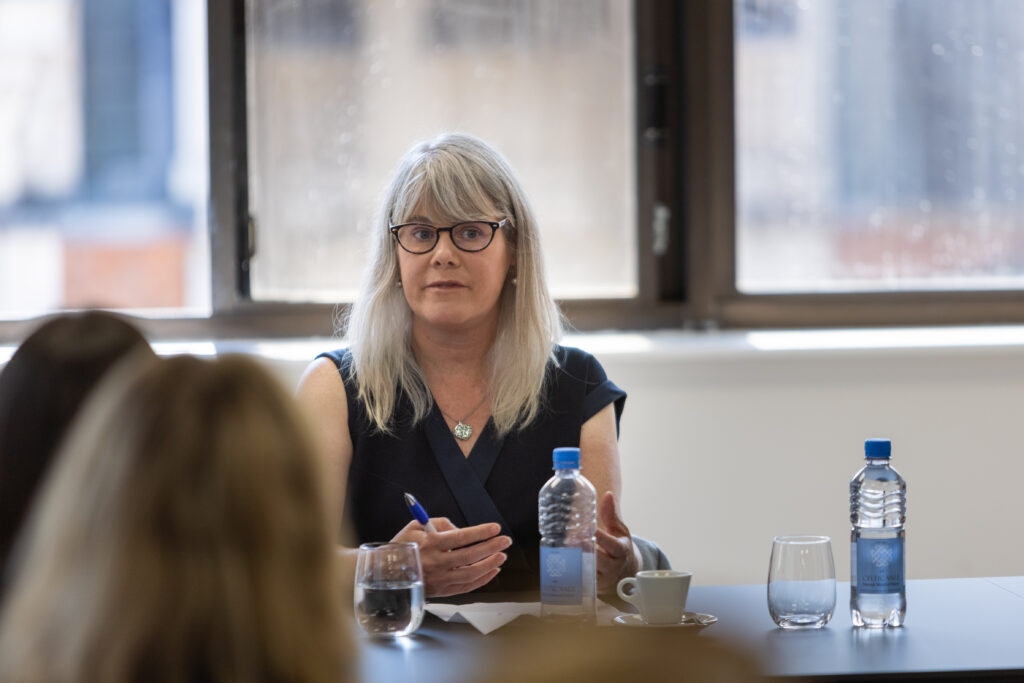
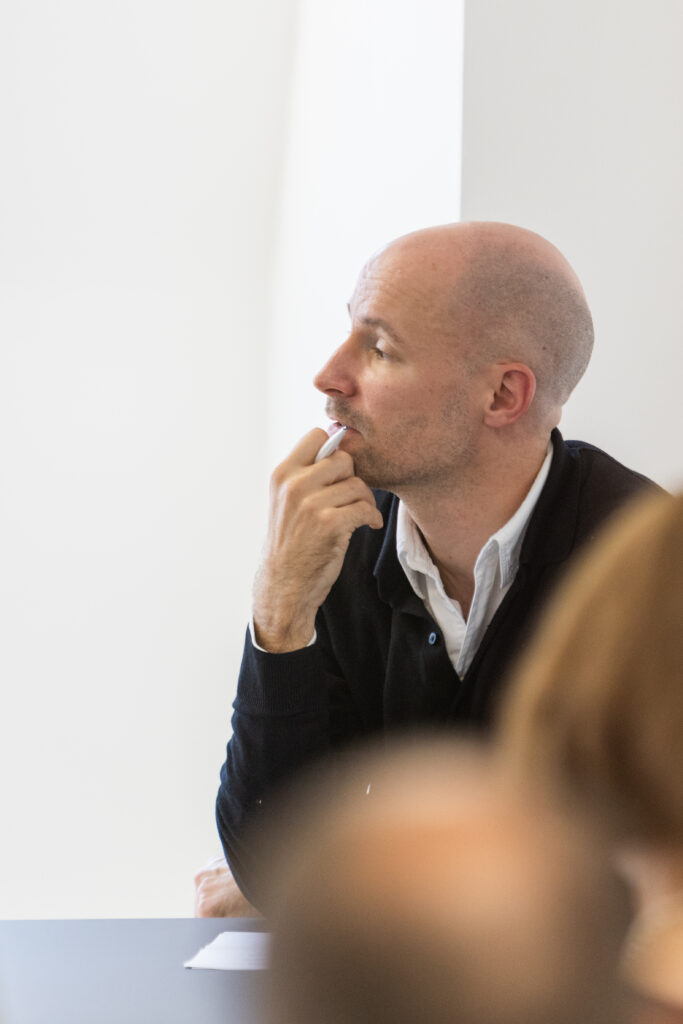
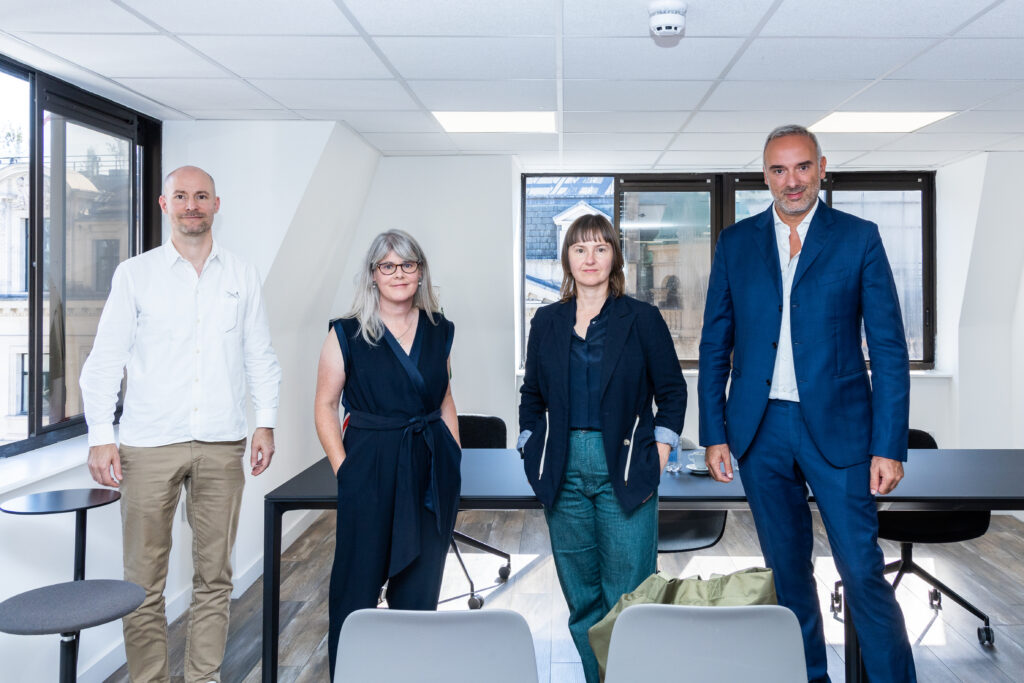


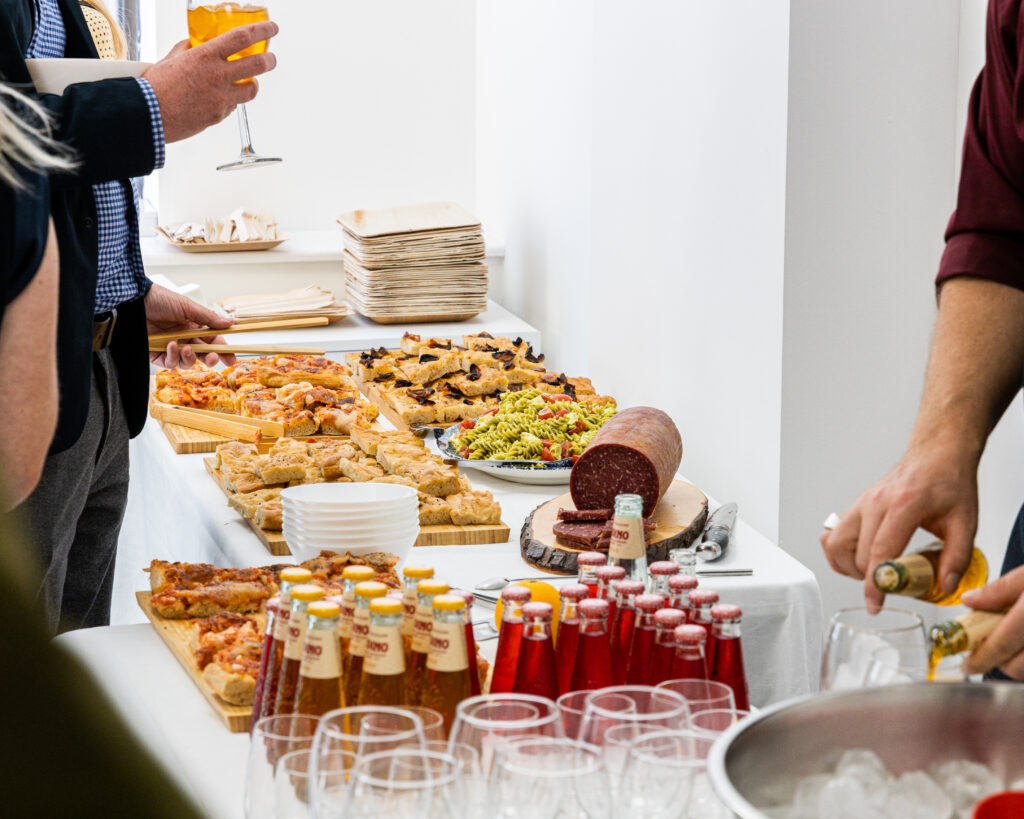

The Italian Chamber of Commerce and Industry for the United Kingdom is a company limited by guarantee. Registered in England no. 598572. Reg Office: 22-24 Ely Place, London EC1N 6TE. V.A.T. Registration No 510352988. The Chamber is recognized by the Italian Government under the law of 1st July 1970 no. 518.